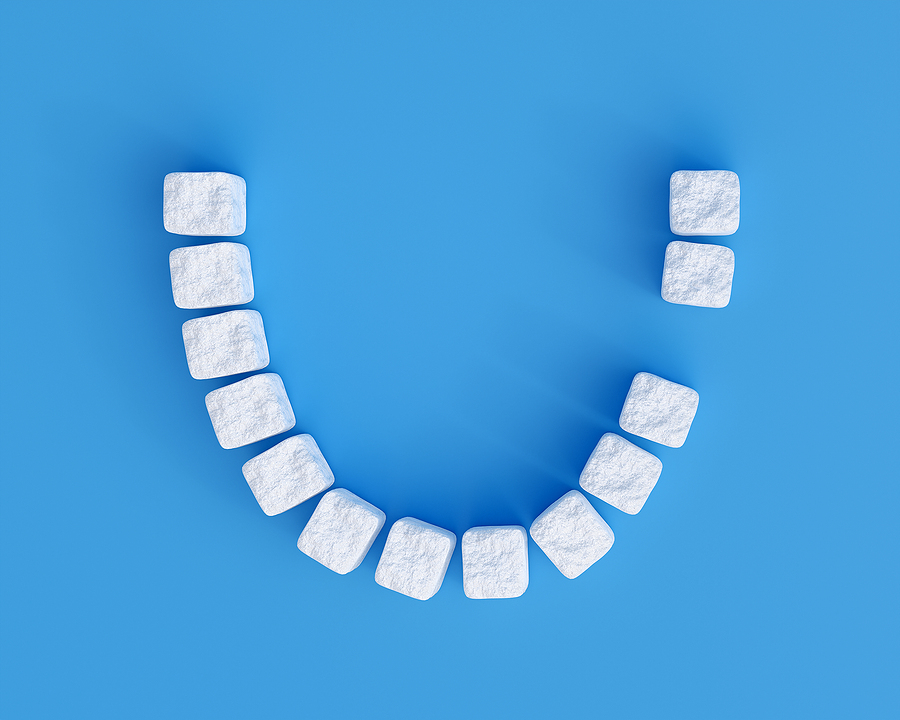Posted by Alexi Kossi on Jun 10 2025, 09:02 PM

When it comes to dental health, root canal therapy often takes center stage. It's a procedure that can save a tooth from decay and infections, but what happens afterward? Many patients find themselves facing an important question: “Do I really need a crown?” The truth is that crowns play a crucial role in protecting the tooth after such treatment. If you’re navigating the world of crowns in Santa Clarita, CA, understanding their purpose and benefits is essential for your long-term oral health. Let’s explore how these dental wonders safeguard your smile!
Root canal therapy is a dental procedure designed to treat infection or damage within the tooth's pulp. This soft tissue, found at the center of the tooth, contains nerves and blood vessels. When this area becomes infected due to deep decay or trauma, it can lead to severe pain and other complications.
During the procedure, a dentist carefully removes the infected pulp. The empty space is then cleaned and shaped to prepare for sealing. This process alleviates pain while preserving your natural tooth structure.
Afterward, it's essential to restore the tooth’s integrity since removing its inner part weakens it significantly. Many dentists recommend placing a crown over the treated tooth as an effective protective measure that enhances both function and aesthetics.
After undergoing root canal therapy, the health of your tooth can be significantly compromised. The procedure removes infected tissue and alleviates pain, but it leaves the tooth more vulnerable.
A treated tooth often becomes brittle. Everyday activities like chewing can increase the risk of fractures. Without adequate protection, you could face additional pain or complications.
Dental crowns serve as a safeguard for these fragile teeth. They provide strength and stability while restoring functionality. This protective layer also helps prevent bacteria from entering the tooth’s interior.
Investing in a crown after treatment is not just about aesthetics; it's essential for long-term oral health. By shielding your repaired tooth, you're minimizing future dental issues that could arise if it remains unprotected.
Dental crowns are custom-made caps designed to cover damaged or decayed teeth. They restore the tooth's shape, size, and strength while enhancing its appearance.
Crowns can be made from various materials, including porcelain, metal, or a combination of both. Porcelain crowns blend seamlessly with natural teeth, making them an aesthetic choice for visible areas. Metal crowns offer durability and are often recommended for back molars due to their strength.
Patients typically receive dental crowns after procedures like root canals when a tooth needs extra protection. The crown acts as a shield against further damage and decay.
Getting a crown is not just about aesthetics; it plays a crucial role in maintaining overall oral health. With proper care, dental crowns can last many years while helping you retain your natural bite and function.
Dental crowns play a crucial role in preserving the integrity of a tooth after root canal therapy. Once the inner pulp is removed, the structure of the tooth becomes weakened. A crown acts as a protective barrier, shielding it from further damage and decay.
By encasing the entire tooth, crowns restore its strength and functionality. This added support allows you to bite down normally without fear of fracture or discomfort.
Additionally, dental crowns help maintain your natural bite alignment. When teeth shift due to gaps or weak spots, it can lead to uneven wear on other teeth. Crowns prevent this by ensuring that each tooth bears an appropriate load during chewing.
Moreover, they enhance aesthetics as well. Modern crowns can be crafted to match your natural teeth closely, improving your smile while providing essential protection for compromised structures.
When it comes to dental crowns, there are several types to consider. Each type offers its own unique benefits and drawbacks.
Placing a dental crown involves a few straightforward steps. First, your dentist will prepare the affected tooth by removing any decay and shaping it for the crown. This ensures a snug fit. Next, an impression of your tooth is taken. This can be done using putty or digital scanning technology. The impression helps create a custom crown that matches your natural teeth perfectly.
While you wait for the permanent crown to be fabricated, a temporary one may be placed to protect your tooth. You’ll wear this until the final restoration is ready.
When your permanent crown arrives, another appointment will follow. The dentist removes the temporary crown and places the new one over your prepared tooth with precision. Once positioned properly, they secure it using dental cement.
Adjustments are made to ensure comfort and proper bite alignment before you're sent off with a beautiful smile!
Caring for your dental crown is essential for its longevity.
Root canal therapy is an essential procedure for saving a tooth that has become infected or damaged. However, once the root canal is completed, it’s crucial to protect that tooth from further harm. This is where dental crowns come into play.
Dental crowns are caps placed over a tooth after treatment. They provide strength and stability, ensuring your restored tooth can withstand daily activities like chewing and biting. Without proper protection, the treated tooth may be more susceptible to fractures and decay.
Opting for dental crowns not only preserves the integrity of your natural teeth but also enhances their appearance. There are various types of crowns available—ceramic, porcelain-fused-to-metal, gold alloy—and each serves its purpose depending on individual needs.
The process of placing a crown involves several steps: preparing the existing tooth, taking impressions, and then securing the custom-made crown onto it. This meticulous approach guarantees a snug fit while restoring functionality.
Once you have your crown in place, caring for it becomes vital to ensure longevity. Regular oral hygiene practices such as brushing and flossing will help maintain both your artificial restoration and overall oral health.
Dental crowns serve as an effective solution following root canal therapy in Santa Clarita, CA. They safeguard against potential complications while promoting better aesthetics and function for years to come.
Find out more about our restorative services by visiting Dentist inSanta Clarita, CA, Smile City Dental.Explore our dental services at Smile City Dental today. Place an appointment at our office in Canyon Country for your dental needs.

When it comes to dental health, root canal therapy often takes center stage. It's a procedure that can …

When it comes to dental health, root canal therapy often takes center stage. It's a procedure that can …

When it comes to dental health, root canal therapy often takes center stage. It's a procedure that can …
MON - FRI 9:00 am - 6:00 pm
SAT 9:00 am - 4:00 pm
SUN Closed